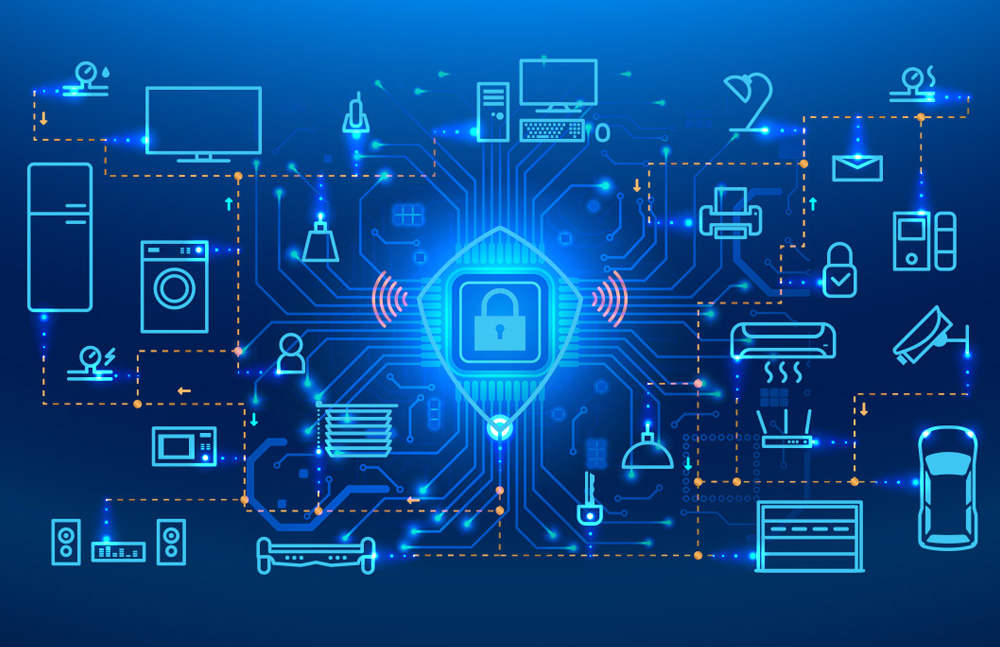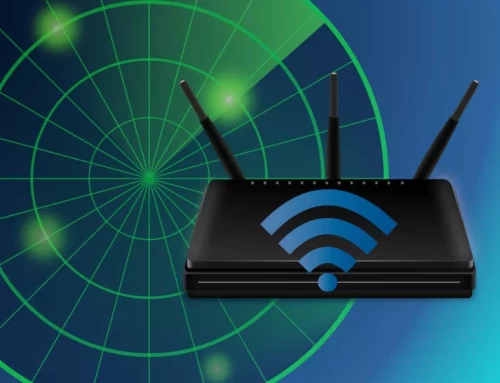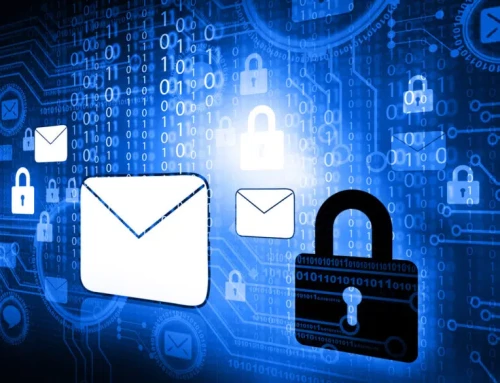Device security
Our devices, which hold a wealth of private and sensitive information in the connected world of today, have evolved into an extension of ourselves. Securing these devices, whether they are our laptops, smartphones, tablets, or even smart home appliances, is of utmost importance. This article discusses the importance of device security and offers helpful advice for protecting the security of your online activities.
Understanding Device Security
Device security refers to the precautions taken to guard against unauthorized access, data breaches, and malicious attacks on electronic devices like smartphones, computers, and IoT devices. It includes both analog and digital security measures intended to maintain the privacy, accuracy, and accessibility of your data.
The Importance of Device Security
Protecting Personal Information: A variety of personal data, including financial data, passwords, and private communications, are stored on our devices. Identity theft and fraud are avoided thanks to adequate device security measures that keep this information from getting into the wrong hands.
Keeping Access Unauthorised Out A secure device serves as a barrier to keep access to your accounts, files, and applications unauthorized. You can significantly lower the risk of unauthorized access to your device by putting strong authentication measures in place, such as biometrics or two-factor authentication.
Mitigating Malware and Cyber Attacks: In the digital world, ransomware, malware, and other cyber threats are a constant threat. Strong device security measures, like firewalls, antivirus programs, and routine software updates, assist in identifying and thwarting these threats, protecting your data from compromise.
Tips for Ensuring Device Security
Use Secure Passwords: Never use the same password for multiple accounts; instead, create secure passwords that are hard to guess. To generate and store complex passwords safely, think about using a password manager.
Enable Biometric Authentication: To add an additional layer of security, enable biometric authentication techniques like fingerprint or facial recognition whenever it is practical. Because biometrics are challenging to imitate, it is more difficult for outsiders to access your device.
Maintain Software Updates: Continually update the operating system, firmware, and applications on your device. These updates frequently include security patches that fix flaws and defend against the most recent dangers.
Install security and antivirus software: Set up dependable security and antivirus software on your computer. By assisting in the detection and elimination of malware, these programs protect your device from malicious attacks.
Be Wary of Public WiFi: Stay away from unprotected public WiFi networks, which can serve as a haven for hackers. Consider using a virtual private network (VPN) to encrypt your internet connection and safeguard your data if you must use public Wi-Fi.
Activate the “Find My Device” feature on your smartphones and tablets to enable remote wiping and find my device. In the event that your device is lost or stolen, you can use this feature to locate it and remotely wipe it, preventing unauthorized access to your data.
Phishing Attempts: Be wary of emails, texts, or phone calls that ask for personal information or login credentials. Cybercriminals frequently employ phishing attacks to access your devices and accounts.
In the current digital era, where our devices contain a wealth of sensitive data, device security is crucial. You can significantly lower the risk of unauthorized access, data breaches, and cyber-attacks by implementing the security measures mentioned above. Remember that proactive measures for device security not only safeguard your personal information but also provide you with peace of mind in a world that is becoming more connected. Keep an eye out and be safe!






